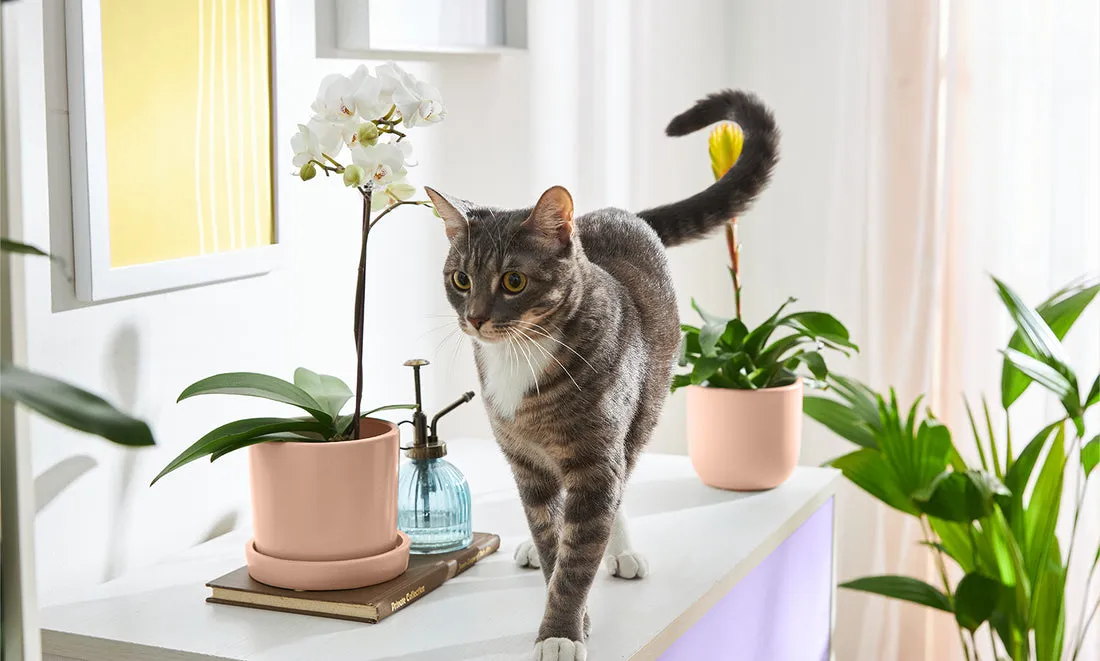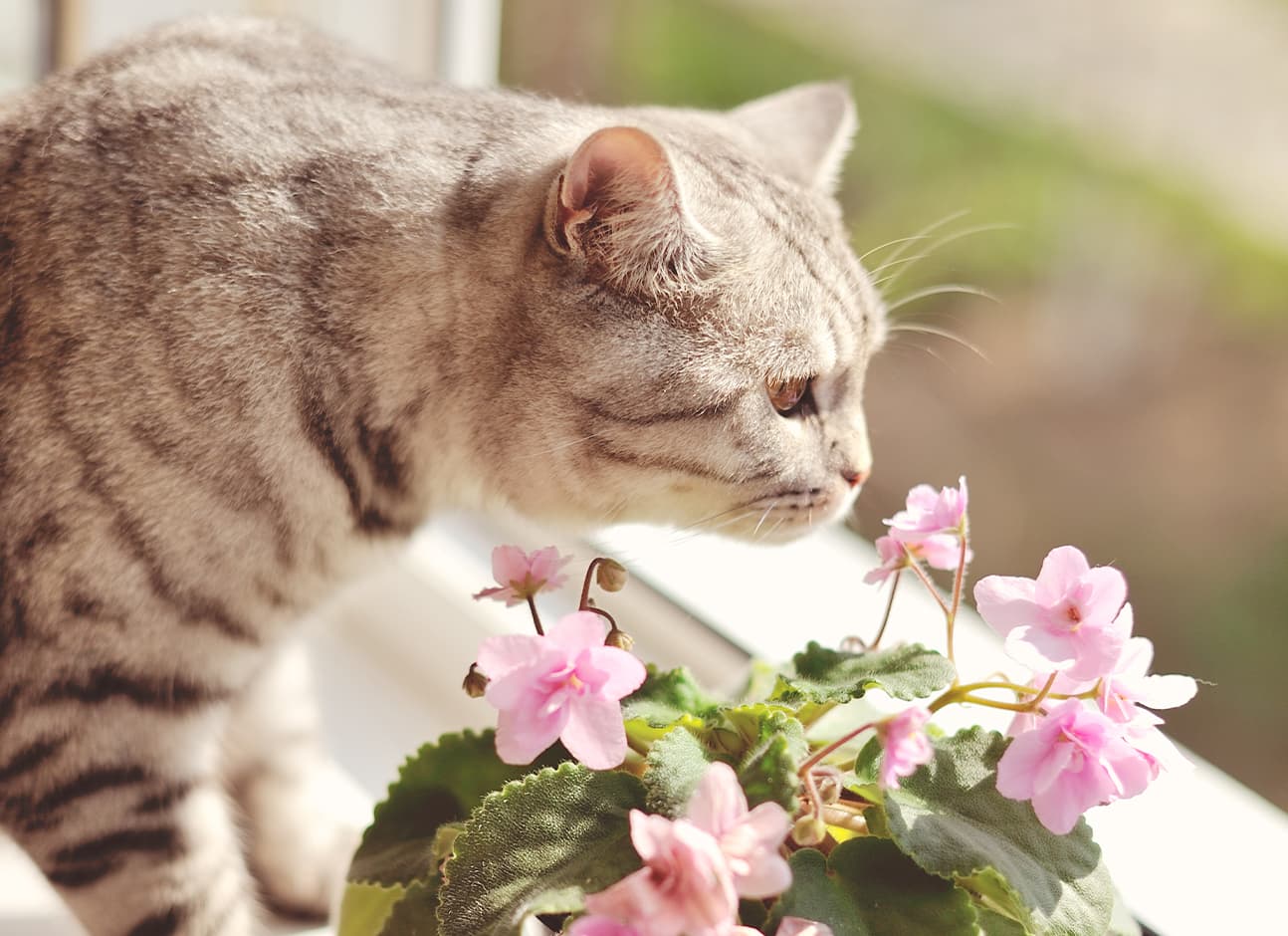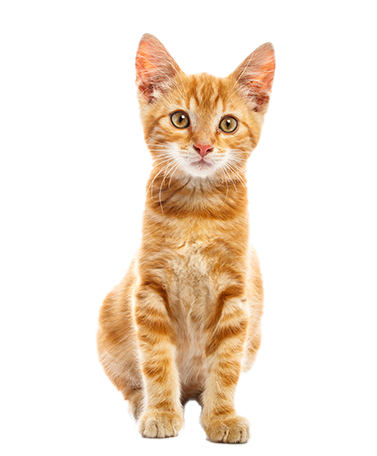Reviewed by Dr. Sarah Yosry
Updated on 1/20/2025
Reading time 2 min.
Overview
Severity: Medium
Life stage: All
Skip To Toxic plants Non-toxic plants Conclusion
Having plants around the house can be very therapeutic and good for the soul. The same truth applies to pets as well. However, some plants can do more harm than good for your furry friends which makes it important to keep them away from such toxic plants.
Toxic plants for cats
Plants including Apple, Apricot, Barbados Aloe, Buttercup, Catnip, Cherry, Christmas Rose, Corn Plant, Easter lily, Eucalyptus, English Holly, English Yew, English Ivy, Emerald Feather, Exotica, Everlasting Pea, Flamingo Flower, Garden Hyacinth, Garlic, Hills of Snow, Hurricane Plant, Holly, Hyacinth, Impala Lily, Indian Hemp, Jade Plant, Lady-of-the-night, Lavender, Lemon, Lemon Grass, Leek, Lime, Lily of the Valley, Mayapple, Morning Glory, Onion, Orange, Oregano, Plum, Primrose, and Tiger Lily can be toxic to cats.
Cats are generally curious creatures, and their curiosity can possibly land them in trouble on more than one occasion. Feline behaviour with plants is no different.
However, if they come into contact with a toxic plant, it could have possible repercussions on their health including allergies, inflammation of the skin, mouth, or stomach. It can also affect your cat’s kidneys or heart.
Non-toxic plants for cats
You can be a good pet parent as well as a plant lover at the same time, as long as you grow only feline-friendly in and around your residence. Some non-toxic plants for your cat include Hibiscus, Roses, Sunflowers, Air Plants, Bromeliad, Impatiens, Boston Ferns, Spider Plant, Bamboo Palm, Parlour Palm, Majesty Palm, Neon Prayer Plant, Money Tree, Polka Dot Plant, Chinese Palm Plant, Cast Iron Plant, Fishbone Cactus, American Rubber Plant, Rhapis Palm, Haworthia Zebra, Echeveria, Kimberly Queen Fern, Bird’s Nest Fern, Staghorn Fern, Rattlesnake Plant, Ponytail Palm, and the Calathea Prayer Plant among a few.

Conclusion
You can consult with your veterinarian about more plants that are possibly toxic to your feline friend and make informed decisions accordingly so that you can buy non-toxic plants the next time you go plant shopping.
Share this, choose your platform!
Writen by
Dr. Sarah Yosry
DVM
A product of a rich Australian/Egyptian heritage, Dr. Sarah Yosry stands as a testament to the union of diverse cultures and a shared love for animals…


